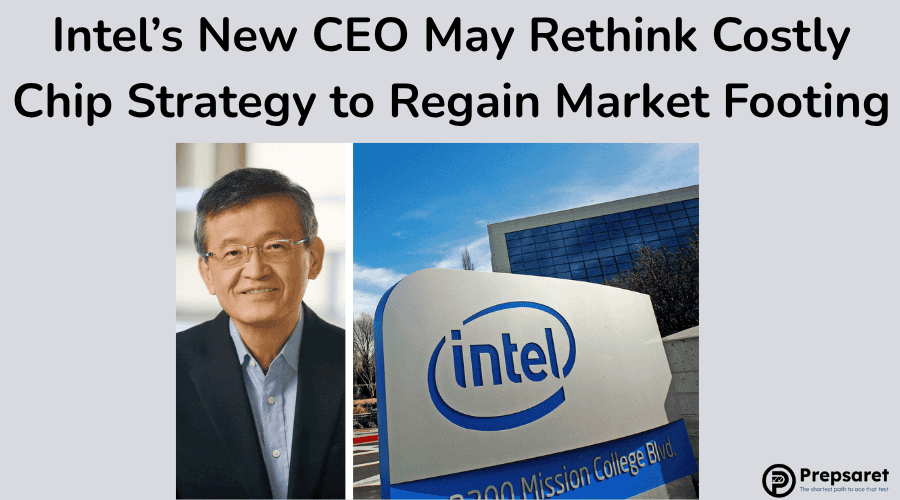Intel’s newly appointed CEO, Lip-Bu Tan, is reportedly evaluating a significant shift in the company’s approach to its contract chipmaking—or “foundry”—division, sources familiar with the discussions told Reuters.
If he proceeds with this change, Intel could stop promoting certain advanced semiconductor technologies to outside firms—a move that would mark a sharp departure from the path laid by his predecessor, Pat Gelsinger.
Since stepping into the leadership role in March, Tan has acted quickly to reduce costs and reassess Intel’s strategic direction.
By June, insiders say he began expressing concerns about the future viability of the 18A chipmaking process, a technology in which Intel had invested billions under Gelsinger.
Moving away from external sales of 18A and its variant 18A-P would likely force Intel to write down a large financial loss—potentially in the hundreds of millions or even billions, analysts told Reuters.
Intel declined to weigh in on these “hypothetical scenarios or market speculation.”
The company reiterated that it remains committed to launching its “Panther Lake” laptop chips—built using 18A—later in 2025, calling them “the most advanced processors ever designed and manufactured in the United States.”
Related story: Musk’s xAI Secures $5 Billion in Debt and Another $5 Billion in Equity, Says Morgan Stanley
Pivoting to 14A: A New Bid for Big Customers
Sources say Tan is instead leaning toward doubling down on a newer process—14A—which Intel believes could offer a competitive edge over Taiwan’s TSMC, whose N2 technology is progressing on schedule.
Tan’s strategy aims to position Intel as a more viable manufacturing partner for tech giants like Apple and Nvidia, who currently rely heavily on TSMC.
Tan has reportedly asked Intel teams to prepare strategic options for an upcoming board meeting, where dropping 18A from new customer marketing will be discussed. However, no final decision is expected until a later meeting due to the financial stakes and complexity involved.
Intel responded to the speculation by stating: “Lip-Bu and the executive team are committed to strengthening our roadmap, building trust with our customers, and improving our financial position for the future.
We have identified clear areas of focus and will take actions needed to turn the business around.”
Despite these efforts, Intel’s recovery remains uncertain. In 2024, the company recorded its first loss since 1986, totaling $18.8 billion. Still, Tan has made some early structural changes, including revamping management and hiring new engineering leaders.
As for existing commitments, Intel will still produce a limited number of 18A chips for in-house use and clients like Amazon and Microsoft, who are under contract and on tight deadlines.
Ultimately, shifting customer focus to 14A could become one of Tan’s most transformative decisions yet.
Read next: Iran-Linked Hackers Threaten to Leak 100GB of Emails from Trump Aides
Looking to elevate your career?
Prepsaret is here to support your growth! Whether you’re aiming for your PMP, CompTIA, or HR certification, we provide the resources and guidance to help you succeed.
With top-notch study tools, realistic practice exams, and expert assistance, you’ll be well-prepared for test day and ready to move forward in your career with confidence.

